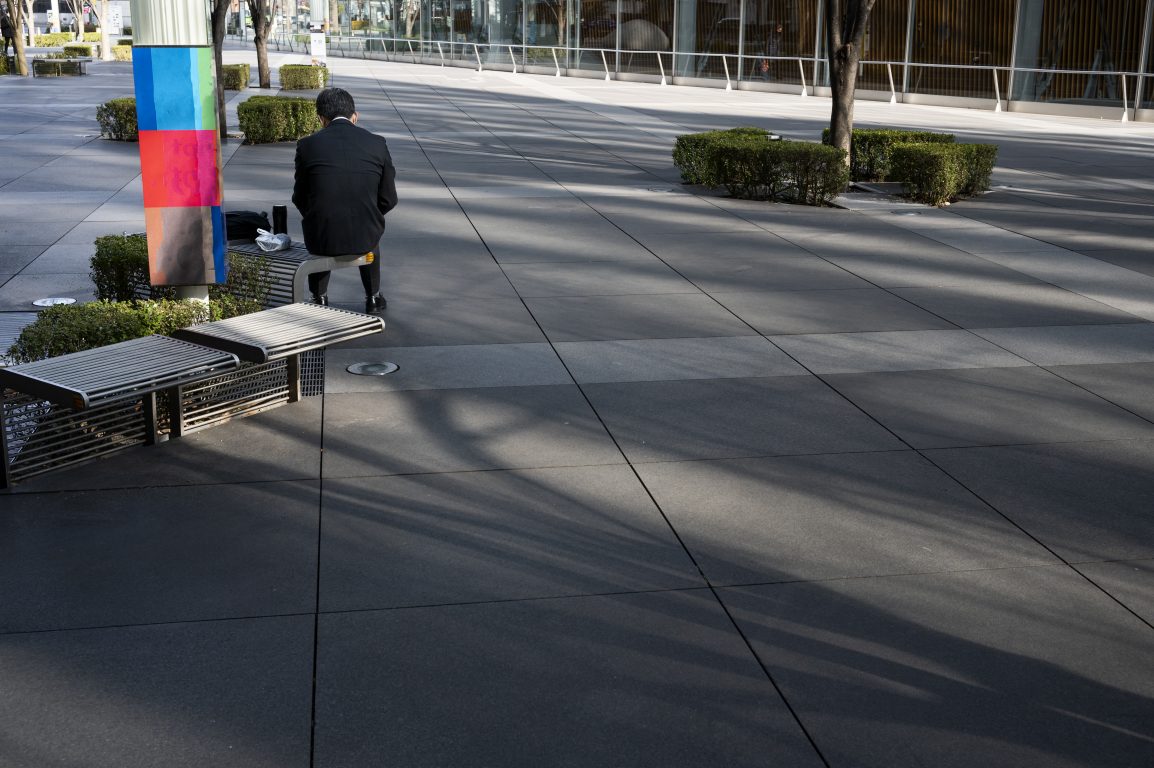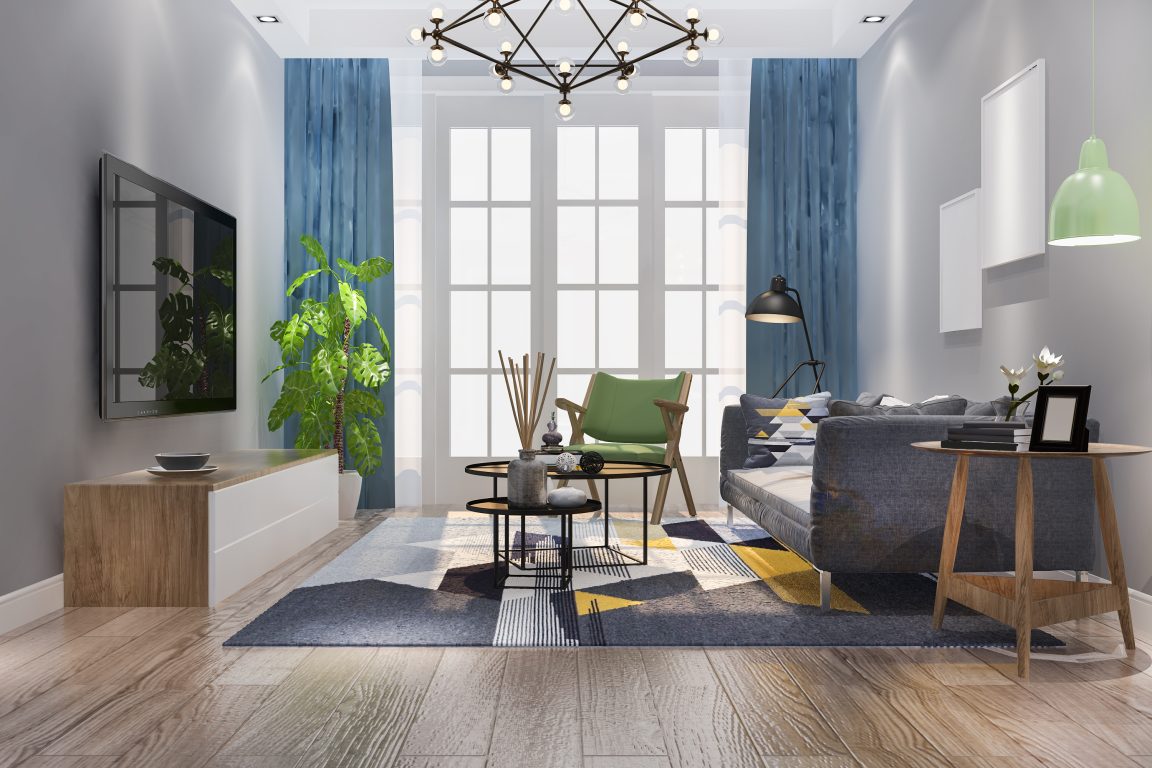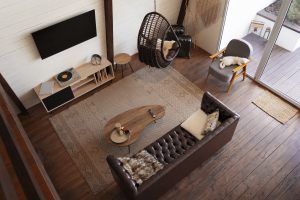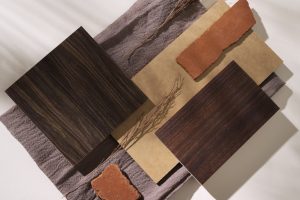The Ultimate Guide to SPC Flooring: Durable, Waterproof, and Stylish

SPC flooring, or Stone Plastic Composite flooring, is currently changing resilient flooring systems in the whole world. It is known for its strength and endurance, water resistance abilities as well as stylish design options that can be used to match different themes whether at home or in commercial places. This ultimate guide will take you through everything about SPC flooring including benefits associated with it; installation process; care tips among others.
What is SPC Flooring?
SPC flooring stands for Stone Plastic Composite flooring. It is a type of luxury vinyl plank (LVP) that consists of limestone and stabilizers which are mixed together to form an extremely durable and waterproof core. This construction makes SPC one of the strongest floors available on the market today.
Key Features of SPC Flooring
- Hard-wearing Floors : Being resistant to wear and tear, this kind of floor is ideal for areas with high foot traffic.
- Waterproof Floors : Unlike traditional wood or laminate floors, SPC does not get damaged by water thus making it suitable for kitchens, bathrooms basements etc where there might be spills occasionally.
- Scratch-Resistant : With its tough outer layer, scratches cannot easily occur on these kinds of floors.
- Ease Of Installation : Most of them come with click-lock system hence easy and fast installation process.
- Environment Friendly : Manufactured from eco-friendly materials without any harmful substances being released into the atmosphere during production.
Benefits of SPC Flooring
Durability and Longevity
The stone-plastic composite (SPC) core used in making these boards makes them more sturdy than other types of LVPs available in the market. They can withstand heavy foot traffic thus they remain intact even after many years which means that you do not have to replace your floor frequently especially if it was installed correctly using recommended methods such as gluing down or loose laying depending on where one wants their planks fixed permanently or temporarily respectively .
Water Resistance
Another great advantage associated with SPC floors is their ability to resist water penetration. This feature makes them suitable for use in areas that are prone to moisture like kitchens, bathrooms laundry rooms etc. Moreover, it simplifies the process of cleaning them since you can mop without worrying about causing any damage due to excessive wetting which often happens when dealing with carpets or wooden surfaces.
Design Options
There are various designs available when it comes to choosing this type of floor covering because manufacturers have been able to mimic different materials such as wood, stone among others. As a result, you have the freedom to select what suits your taste best without necessarily spending much money on real items which might be expensive or hard find depending on where one lives.

Installation of SPC Flooring
Preparation
Before installing SPC flooring, ensure that the subfloor is clean, dry and level. Remove any old floor coverings such as tiles or carpeting then repair all cracks/holes using recommended fillers before proceeding further.
Methods Of Installation
Most types of SPC planks come with interlocking edges that make them easy to fit together without need for adhesives thereby saving time during installation process .However some may require gluing down especially those designed withstand high traffic areas heavy furniture etc while others can be loose laid if they are meant act as temporary covers over existing floors until permanent changes made later.
- What you’ll need
- Measuring tape
- Utility knife
- Shims
- Rubber mallet
- Tapping block
- Adhesive (if using the glue-down method)
SPC Flooring Maintenance Tips
Maintenance for SPC flooring is easy. Here are some tips to keep your floors looking their best:
- Regular Cleaning: Sweep or vacuum regularly to remove dirt and debris. Use a damp mop with mild soap for deeper cleaning.
- Avoid Excess Water: While SPC flooring is waterproof, it’s still a good idea to avoid excess water. Use a damp mop instead of a wet one.
- Protect The Floor: Use furniture pads under heavy furniture to prevent scratching. Place doormats at entryways to minimize the amount of dirt and moisture that gets tracked in.
- Prevent Heel Damage: Avoid walking on the floor with high heels or shoes that have sharp points as they can dent or scratch the surface.
Styles and Options of SPC Flooring
SPC flooring comes in many different styles to suit your preferences and needs. Here are some popular options:
- SPC Plank Flooring : This style mimics traditional hardwood floors with its narrow and wide plank options that range from rustic to modern looks.
- SPC Tile Flooring : Designed to look like natural stone or ceramic tiles, this option provides luxurious elegance.
- Luxury SPC Plank (LVP) : With realistic wood grain textures and a variety of colors, these planks offer a high-end look.
- Luxury SPC Tile (LVT) : These tiles give off premium vibes through their stone and tile visuals just like LVP does so too .
- SPC Sheet Flooring : Ideal for covering large areas quickly and efficiently due to its availability in large rolls.
Environmental Impact of SPC Flooring
In comparison to other types of floors, environmentally friendly doesn’t even begin describing it! Not only does this material use renewable resources but also lacks any harmful substances such as formaldehyde or volatile organic compounds (VOCs). Moreover, recycling can be done which reduces waste and saves nature from pollution.

SPC Flooring in High Traffic Areas
SPC flooring is highly durable and can withstand heavy foot traffic without showing signs of wear or tear. It’s perfect for places like commercial establishments, offices, retail stores etc where people walk on it all the time. Also the fact that it’s water resistant means that even if there are kids running around with pets in tow this kind of floor will still stay intact!
Budget Considerations
When thinking about getting an SPC floor installed consider how much money you have available. Although cheaper than hardwood or stone, the prices vary based on quality, brand name recognition etc so shop around before making a decision. The key is to find a product that balances cost and quality.
FAQs About SPC Flooring
What’s the difference between SPC and traditional vinyl flooring?
The core of SPC is made out of both stone powder and plasticizers which gives it more strength than regular flexable pvc floors that only contain one type of these materials each – hence why they’re not as stable nor hard wearing when compared side by side.
Can you put spc over existing floor?
Yes! You usually can install spc over top existing surfaces granted they are clean level and dry but taking up old coverings will give better results
Can SPC flooring be used outdoors?
No, SPC flooring is only for indoor use. It cannot withstand weather that is too hot or cold.
How can I remove scratches from SPC flooring?
Use a vinyl floor repair kit to fix small scratches. If the scratch is deep or has damaged the plank, you may need to replace that area.
Is it possible to install SPC flooring myself?
Yes, you can install this type of floor yourself. DIY installation is made easier with click-lock systems present in most SPC floors. But if the space is large and complex, getting help from professionals would be wise.
Conclusions:
SPC flooring is perfect for those who want a long-lasting waterproof and trendy floor. Its adaptability together with various design choices make it suited for many different uses such as in residential houses or commercial buildings alike. With low maintenance requirements coupled with easy installation methods; this type of floor provides an affordable yet practical answer to modern day demands on floors whether during renovations at home or outfitting new offices spaces – one cannot go wrong by choosing them!




